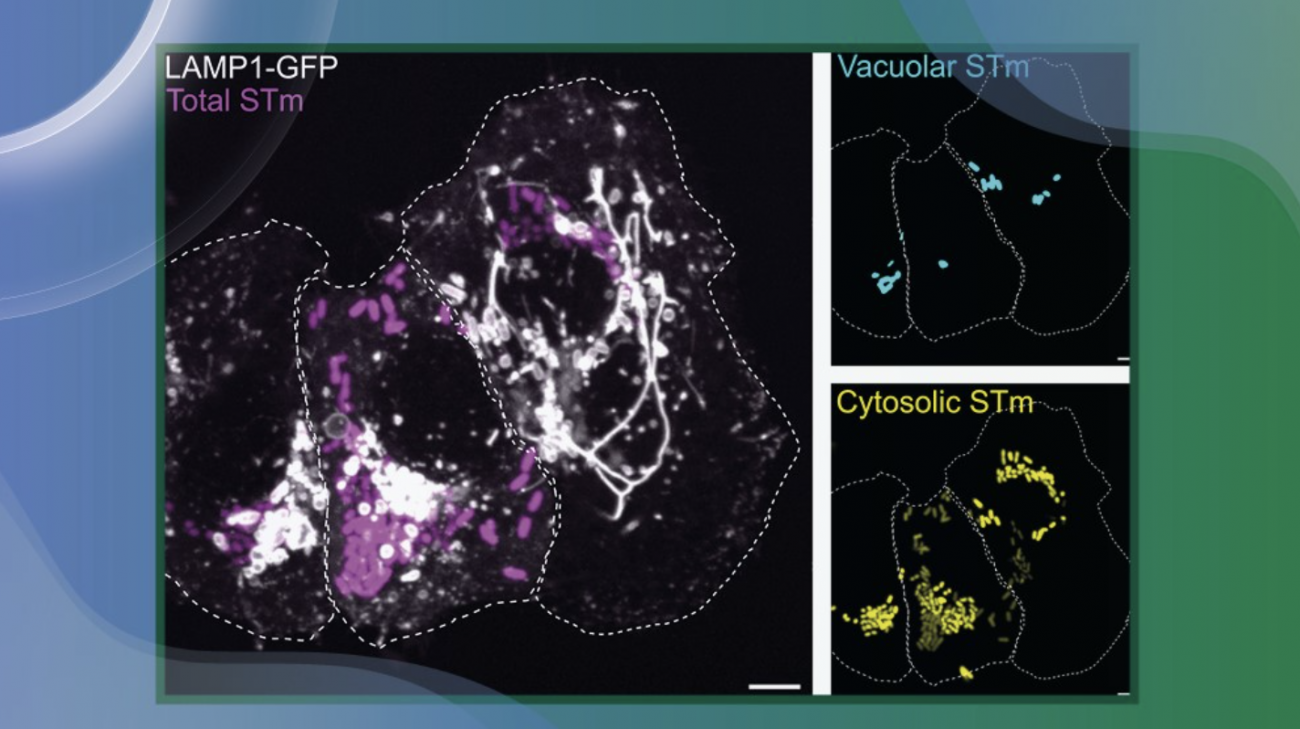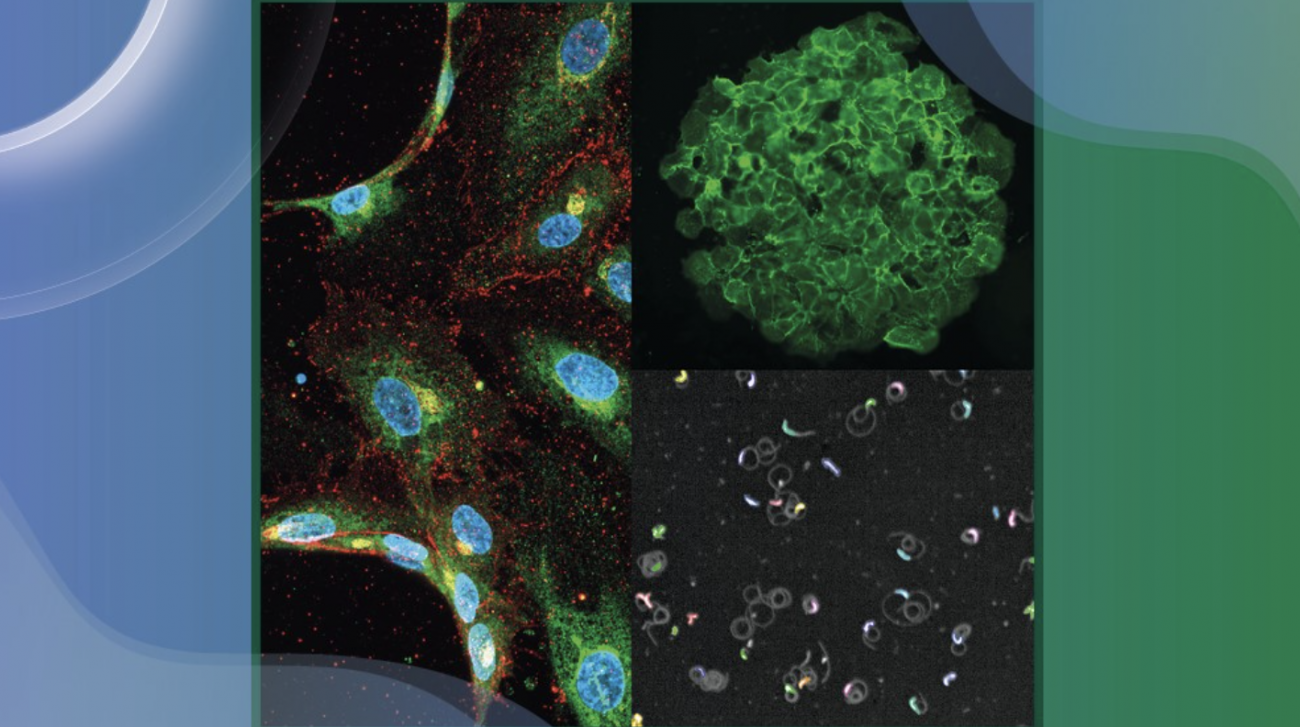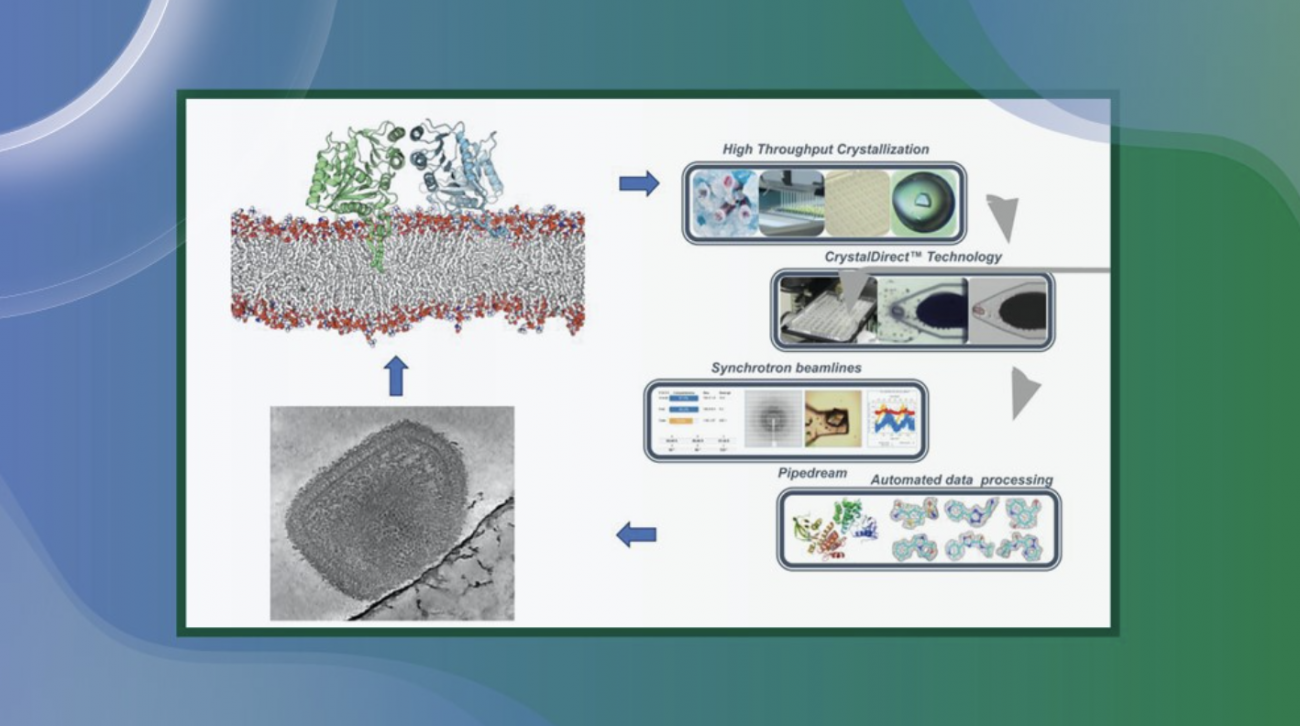The Institut Pasteur has partnered with the European Molecular Biology Laboratory (EMBL), Europe’s leading life sciences research organization, to advance interdisciplinary research in infection biology across Europe. Signed under a Memorandum of Understanding, this strategic collaboration leverages the Institut Pasteur’s world-renowned expertise in infectious diseases and immunology alongside EMBL’s cutting-edge capabilities in computational biology, structural biology, and advanced organoid systems.
Initiative "Amplifying Funds in Infection Biology"
The Institut Pasteur has already committed more than €1 million to the Institut Pasteur-EMBL initiative – underscoring its role as a foundational pillar in advancing infectious disease research in Europe. As a cornerstone of the Institut Pasteur’s long-term vision and strategy, “Pasteur 2030”,this partnership not only prioritizes transformative research addressing emerging infectious diseases, but also fosters a culture of scientific cooperation and cross-border collaboration. The program is committed to cultivating the next generation of scientific leaders by expanding international training opportunities, equipping young scientists with access to state-of- the-art technologies and mentorship from leading experts across Europe.
We aim to deepen this cooperation in the coming years, securing sustained support to amplify our joint research projects and strengthen training exchanges– ensuring a strong pipeline of future experts in infectious diseases and high impact research in infectious diseases.
As part of its broader commitment to scientific innovation, the Institut Pasteur is also investing in a landmark new facility – the Center for Vector-Borne Diseases (CMTV) – to deepen the understanding of infectious threats through advanced technological approaches. The EMBL-Institut Pasteur partnership plays a vital role in attracting top-tier scientific expertise to the CMTV and reinforcing the Institut Pasteur’s position as a leader in global health research.
How you can helpTo effectively implement and sustain our flagship programs over the next two years, we are seeking crucial financial support. We kindly invite you to consider making a donation or a friendly contribution to these programs. Your support would be instrumental in empowering our scientists to push the boundaries of vaccine and immunotherapy research, deepen our cross-border scientific collaborations, and expand our technological platforms.
|
Flagship Research Projects
Several joint projects exemplify the potential of this collaboration.
Towards a mechanistic understanding of NK cell memory co-supervised by Mélanie Hamon, head of the Chromatin and Infection unit.

This study aims to understand natural killer (NK) cell memory in bacterial infections, using as a model Streptococcus pneumoniae, the leading cause of bacterial pneumonia worldwide. Traditionally associated with innate immunity, NK cells have been shown to develop memory-like properties which could be harnessed for new immunotherapy approaches against bacterial pathogens. The study’s goals are to identify specific marker genes for memory NK cells and to investigate key chromatin regulators essential for NK cell memory maintenance, ultimately contributing to an unprecedented understanding of this process during bacterial infection.

Mélanie Hamon
This collaboration aims to understand how Natural Killer cells remember past encounters with bacteria in order to better fight them in the future.
Exploring the role of translation landscapes in Salmonella pathogenicity and antibiotic resistance during the colonization of diverse host intracellular niches co-supervised by Jost Enninga, head of the Dynamics of Host-Pathogen Interactions unit.

This project aims to elucidate the intracellular Salmonella Typhimurium (S.Tm) translation landscapes to better understand differences related to the colonisation of diverse host-cell niches. We will employ cryo-correlative light and electron microscopy alongside subtomogram averaging to structurally analyze S.Tm ribosomes in distinct growth states of the pathogen that are related to specific intracellular localization within infected cells. This innovative approach will allow us to simultaneously pinpoint bacterial localization and ribosomal conformations, shedding light on the pathogen’s adaptation strategies. Finally, we will assess the impact of ribosome-targeting antibiotics on the translation machinery across the different niches. This study will deepen our understanding of intracellular bacterial pathogenesis, identify factors contributing to antibiotic resistance, and explore novel therapeutic strategies.
Bioengineering vascularized human microlivers for malaria infection co-supervised by Liliana Mancio-Silva, head of the Plasmodium Infection and Transmission group.

This project will bioengineer new in vitro platforms that capture the complexity of the human liver to investigate host-parasite interactions with the liver microvasculature and their impact on hepatocyte infection. Specifically, we aim to characterise parasite interactions with engineered human 3D liver microvessels and to build a vascularised human microliver to shed light on receptor-ligand interactions driving early infection. This project will lay the foundation for a deeper understanding of potentially targetable host-pathogen interactions and generate a preclinical platform aimed at evaluating therapeutic interventions.
Exploring new therapeutic opportunities against mpox virus co-supervised by Pablo Guardado-Calvo, head of the Structural biology of infectious diseases five-year group.

Today, there are concerns that smallpox re-emerge as a bioweapon or the emergence of zoonotic orthopoxviruses, as seen with the mpox outbreaks in 2022 and 2024. Current treatments for poxvirus infections are effective but limited: first-generation vaccines are discontinued and modern vaccines are challenging to produce on a large scale and fail to produce long-term immunity. Tecovirimat, the primary treatment for mpox, is vulnerable to viral resistance as a single mutation in the viral phospholipase F13 may confer resistance to the drug. There is a pressing need for developing broad-spectrum antivirals to treat mpox and other diseases caused by orthopoxviruses.
This project aims to combine the expertise of EMBL and the Institut Pasteur to establish proof of concept for novel therapeutic strategies that could lead to the development of new antivirals targeting different pockets of the F13 protein.

Pablo Guardado-Calvo
The aim of this project is to develop new antivirals against poxviruses using cutting-edge technologies available at EMBL Grenoble.
Personalizing gut decolonization of MDR Enterobacteria through a systems biology approach co-supervised by David Bikard, head of the Synthetic Biology unit.

This project aims to identify the genetic factors in pathogens and microbiota members that determine MDR-E gut colonisation to support the development of synbiotic interventions, such as the combination of pre-/probiotic modalities, for removing MDR-E from the gut. This objective will be achieved by combining the complementary expertise of research teams in microbiome and infection biology. The long-term goal is to stratify individuals colonised with MDR-E into rationally designed synbiotic interventions based on their microbiota composition.

David Bikard
This project is a great opportunity for us to establish strong links with labs at EMBL, HZI and MiMS that share common interests and have complementary expertise.
Find out more about the results of the Amplifying Funds in Infection Biology initiative
Training Grants for Institut Pasteur’s Emerging Scientists
A key pillar of the partnership is the commitment to training the next generation of infection biology experts. The Institut Pasteur – EMBL program provides targeted training grants for early-career scientists, enabling them to attend conferences and train at EMBL’s six European research sites. These grants, ranging from €5,000 per researcher are instrumental in fostering scientific excellence, promoting interdisciplinary collaboration, and preparing emerging scientists to advance critical research in infectious diseases.
Key people involved in the partnership
Several Institut Pasteur staff are closely involved in the partnership between EMBL and the Institut Pasteur.
Scientific staff

Surtitre
Pascale Cossart
Professor at the Institut Pasteur and Honorary Permanent Secretary at the French Academy of Sciences

Surtitre
Sebastian Baumgarten
Head of the Parasite RNA Biology G5

Surtitre
Felix Rey
Head of the Structural Virology Unit
Support staff

Surtitre
Mallory Perrin-Wolf
Head of the Department for Scientific Programming
and Incentive Actions


